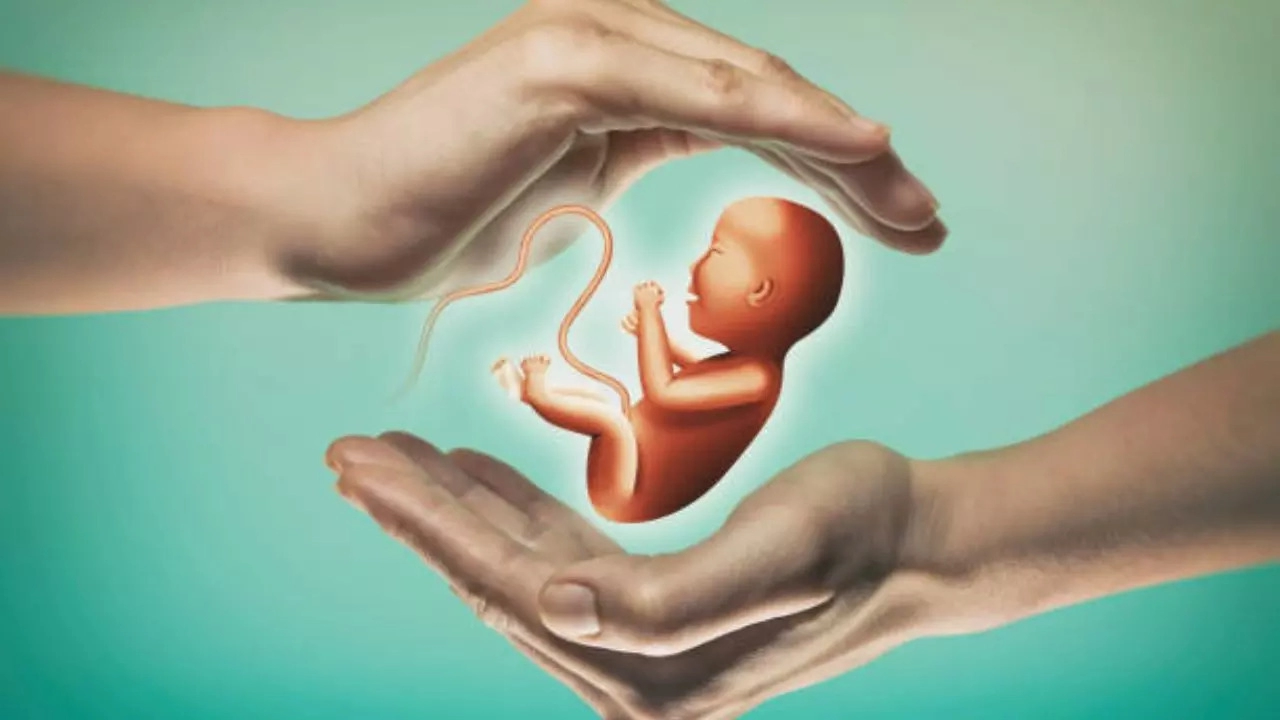Ashima Sharda Mahindra • 28 Sep 2024
IVF Babies Are At a Higher Risk Of Developing Serious Heart Defects, Study Finds; Here's How

The risk of CHD in IVF babies spikes further if they are born a twin
Babies born through assisted reproductive technology like in vitro fertilization (IVF) are more likely to be born with a major heart defect, a new study has found. According to research, published in the peer-reviewed journal Human Reproduction, the risk of congenital heart defects was 36 per cent higher in babies conceived through such techniques.
Researchers also said the risk spikes further if the baby is born a twin, and hoped the results would be able to help doctors diagnose conditions faster, as most heart defects are life-threatening.
"Congenital heart defects can be extremely serious requiring specialist surgery when babies are very young, so knowing which babies are at the greatest risk can help us diagnose heart defects as early as possible and ensure the right care and treatment are given," said Dr. Professor Ulla-Britt Wennerholm, of the University of Gothenburg in Sweden – which conducted the study.
How did the study conclude?
According to Dr. Wennerholm, her team looked at data on more than 7.7 million births in Denmark, Finland, Norway, and Sweden, some even stretching back to the late 1980s. They compared data on babies conceived naturally and those born after assisted reproduction, including IVF, sperm injection, and embryo freezing. They had a detailed study on how many babies in each group had a serious heart defect either in the womb or during their first year of life while considering potential contributors – like nationality, mother's age, and whether she smoked during pregnancy or had diabetes or heart defects.
And so, the study concluded that heart defects were nearly 36 per cent more common in babies born through assisted reproduction than in those conceived naturally. While the overall risk was still small - 1.84 per cent compared to 1.15 per cent, it was greater for multiple births - 2.47 per cent as compared to 1.62 per cent for single births.
"The fact that the risk of heart defect is similar regardless of the type of assisted reproduction used may indicate that there is some common factor underlying infertility in parents and congenital heart disease in their babies," Wennerholm said in a journal news release.
Knowing which babies are at greatest risk can speed diagnosis and care, she said. "More and more people are conceiving with the help of assisted reproductive technology, so we might expect to see increases in cases of congenital heart defects worldwide," Wennerholm noted.
Experts also think that a common factor binds infertility in parents and congenital heart disease in their babies.
What is congenital heart disease and how does it affect babies?
According to experts. Congenital heart defects or CHD are the most common type of birth defect that changes the way the heart pumps blood. They may make blood flow too slowly, go the wrong way, or even block it completely. The issues that keep blood flowing normally, include:
- A hole in your heart wall
- Issues with your blood vessels
- Problems with your heart valves that control blood flow
Signs and symptoms of CGH
The signs and symptoms of congenital heart defects vary widely, and a few of them include:
- Bluish skin, lips, or nails
- Excessive sleepiness
- Fast breathing, breathlessness
- Extreme tiredness
- Heart murmur
- Poor blood circulation
Get Latest News Live on Times Now along with Breaking News and Top Headlines from Health and around the world.